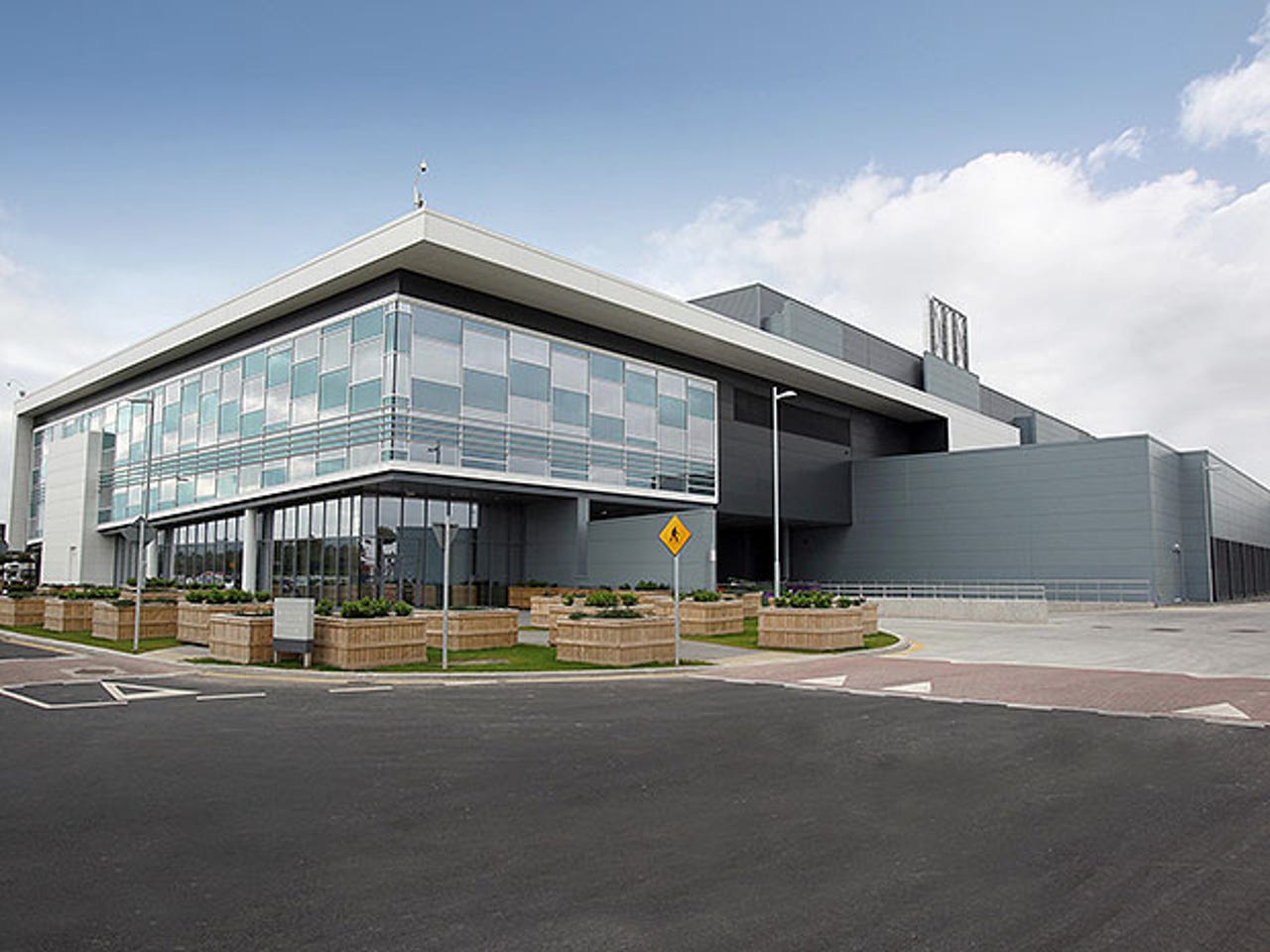Apple, Cisco back Microsoft in fight against global email warrant


Apple and Cisco are supporting Microsoft's attempt to throw out a US warrant ordering it to produce email stored in its Irish datacentre.
The pair filed a 'friend of the court' brief last Friday, joining AT&T, Verizon, and the Electronic Frontier Foundation in backing Microsoft's Federal Court challenge to the warrant served by a US magistrate judge last December.
In its appeal last week, Microsoft likened the warrant to a court authorising federal agents "to break down the doors" of its Dublin facility and says that if the government wants access to emails in its overseas facilities, they should rely on mutual legal assistance treaties (MLAT).
Apple and Cisco in their joint brief also argue the government should turn to the MLAT between the US and Ireland rather than "place the burden of reconciling conflicting international laws squarely on US providers".
"By disregarding that process, and the laws of the country where data is stored, the magistrate's analysis places providers and their employees at significant risk of foreign sanctions, and threatens a potential loss of customer confidence in US providers generally," Cisco and Apple said.
"It also encourages foreign law enforcement to take reciprocal actions by using equivalent foreign laws to require production of data stored in the United States, despite disclosure prohibitions in US law."
In April, the judge that served the warrant knocked back Microsoft's first attempt to quash it, explaining that the Electronic Communications Privacy Act (ECPA) allowed a special type warrant that could order Microsoft to hand over email stored overseas, in part because the "search" itself would actually occur in the US.
The EFF argues, however, that the "seizure" occurs in Ireland and that the US' Fourth Amendment, protecting against unreasonable search and seizure, should apply.
As the magistrate noted at the time, the hybrid warrant was created under the ECPA to limit the disclosure of stored communications and place rules around how government could obtain such data. It was also meant to deal with shortcomings in Fourth Amendment protections for information stored online.
In its brief, Verizon said if the warrant is upheld "it would have huge detrimental impacts on American cloud companies that do business abroad".
However, as Microsoft's deputy general counsel David Howard noted in April, the company is pushing back the "status quo".
Resistance to the class of warrant comes as US cloud providers contend with the fallout from leaks by former NSA contractor Edward Snowden. Cisco chief John Chambers earlier this year warned that US surveillance and laws threatened to harm the entire US sector by undermining trust in their products bought by foreign customers.